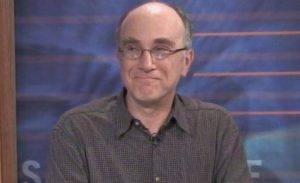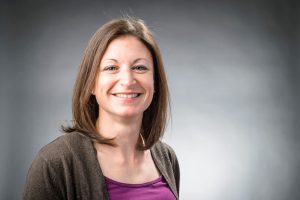(Re)Inventing the Flat Earth” – Peter Sobol

A survey of the history of ideas about the shape of the Earth in Western Civilization with a focus on the nineteenth century, which saw both the rise of the Warfare hypothesis (which encouraged secularists to misrepresent medieval ideas) and the rise of the modern Flat Earth movement, concluding with a glance at the present state of that movement.
About the Speaker:
Peter Sobol has taught the history of science at Indiana University, Oklahoma University and the University of Wisconsin-Madison. in addition to standard history of science he has taught courses on the history of pseudoscience and the occult, hence his abiding if morbid interest in the vagaries of human thought.
Read More
